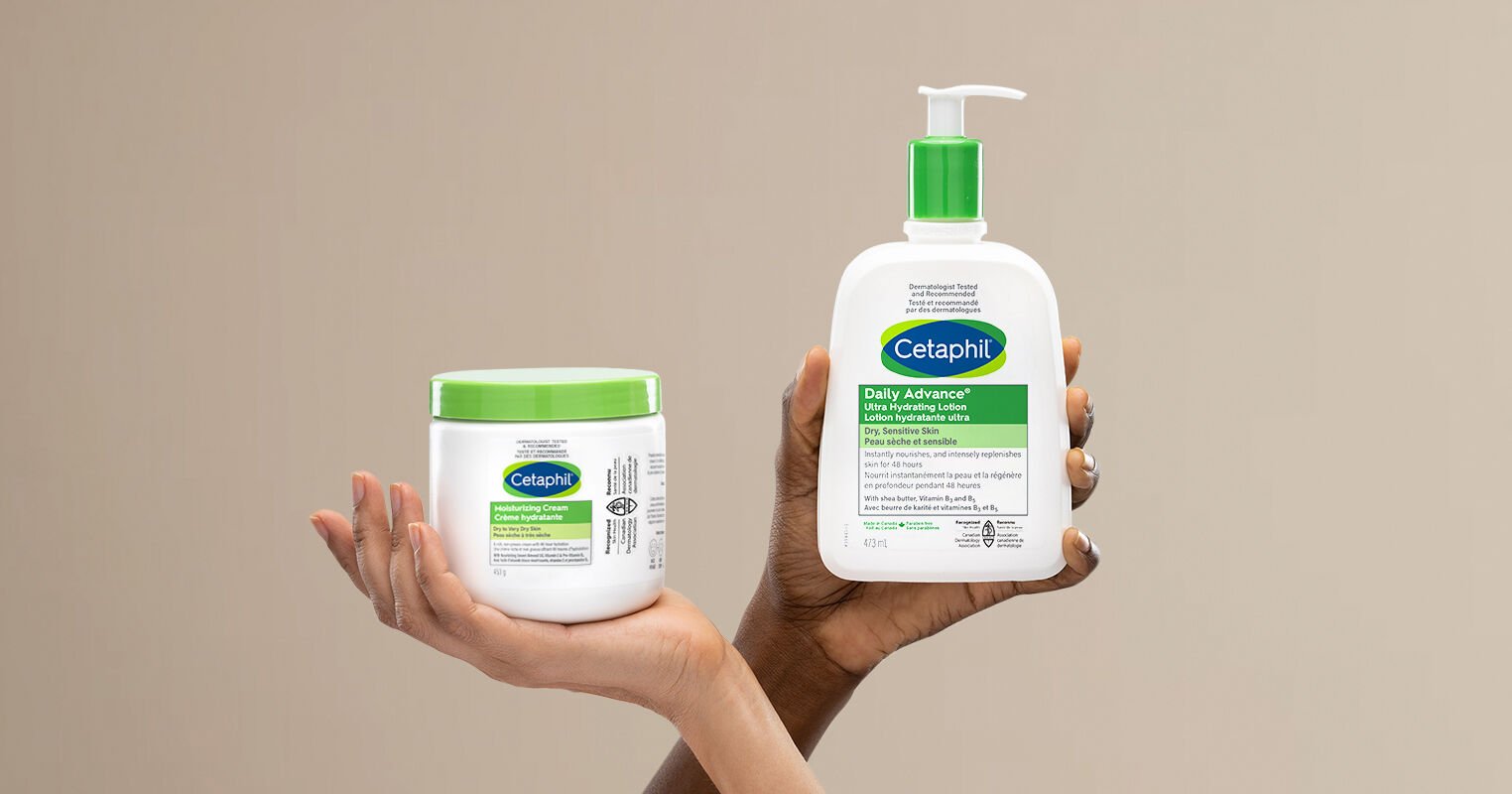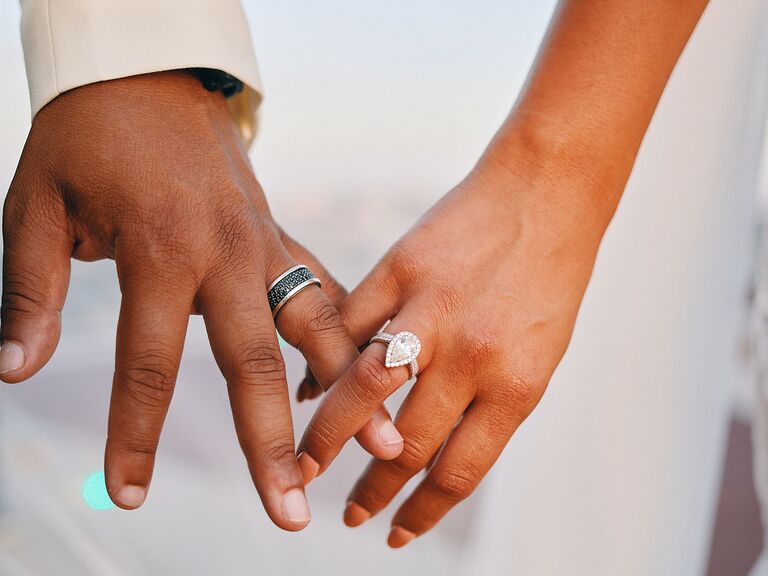“Feminism” and “womanhood” mean different things to different folks. With The F-Word, our essay series running throughout Women’s History Month, we’re highlighting different perspectives—the good, the bad, and the complicated—of what those concepts mean to people.
My very first job interview after I graduated from the Fashion Institute of Technology was in the garment district of New York City with a guy who had his feet up on his desk and was eating a tuna sandwich. I’m in my twenties, and this is the 1960s. He tells me to put my portfolio down, come over, and turn around for him. The humiliation and the shame that I felt when I complied—not even because he was objectifying me, but because in obliging, my moral compass essentially flipped upside down—was so strong, I practically flew out of there. And I didn’t tell anyone about this for years; in fact, I even told my mom I just didn’t get the job.
In retrospect, I think this situation was partly the universe pointing me in a different direction: I swore off fashion, got a job at an airline, and traveled to London every weekend for $29 round-trip. The “swinging ’60s” cultural revolution was just beginning, and I was there to soak up all the art and music and fashion. At the same time, though, I began to assume my mother’s feminist persona.
I can’t talk about femininity and feminism without talking about my mother, who was very ahead of her time. Born in 1915, she simply didn’t subscribe to the notion that there were things she couldn’t do because she was a woman. Whether it was a political function or something for the neighborhood or helping others, she was always so involved. To me, she was a feminist by nature.
The story I continued to tell myself was that my gender could not get in the way of what I wanted to do.
In the early years of starting my business, she influenced me greatly. No matter the gender-discriminatory situations I encountered—like tuna-salad guy and many guys after him—the story I continued to tell myself was that my gender could not get in the way of what I wanted to do and accomplish.
Over the decades, my experiences with men in the fashion industry evolved and changed, and even today, at 76 years old and 50-odd years in business, I still get mansplained. But I’ve just always believed my gender wouldn’t interfere with my career. Looking back, it seems that’s been part of a strategy, too (part of which I outline in my book, I Am Invincible). In a way, it was about allowing myself to express what I saw as my masculine sides as much as I did my feminine sides—all of which I think exist in everyone.
In fashion, that’s been a thing for some time. Thinking back even to the ’70s, I always thought I had been designing a women’s collection. Then one day, we realized that at least 50 percent of the clothes we were selling were being worn on male bodies. It wasn’t a reflection of the gender or sexuality of our customers, either. It was that kind of feminine-masculine style coming to the forefront. And the same blend applies to people who identify as women, too (both in the clothes they wear and beyond)—and I live that every day.
I think the real balance is in understanding how fluid that masculine-feminine line is in us all.
I think the real balance is in understanding how fluid that masculine-feminine line is in us all. Feminism, now, isn’t just about a fight for equal recognition—it’s about an integration of both the historical definitions of feminine and masculine within ourselves and within the collective.
I believe now is a glorious time to celebrate feminism, as a woman, because we own a good part of the success that’s gotten us to this point. We’re in the midst of an awakening about the realities and limitations of the gender binary as it’s long been widely understood. And I predict that the next generation to come will drive a whole new way to embody the definition of feminism—a term that I wonder if we’ll even be using anymore or simply referring to as something we talked about at one point in the past.
As told to Erica Sloan.
Oh hi! You look like someone who loves free workouts, discounts for cutting-edge wellness brands, and exclusive Well+Good content. Sign up for Well+, our online community of wellness insiders, and unlock your rewards instantly.





More Stories
T-Shirt The Yard Stick to Measure the Fashion Trends
Celebrity Fashion Trends in Women’s Boots
Boho Clothing – The Origin of the “Bohemian Style”